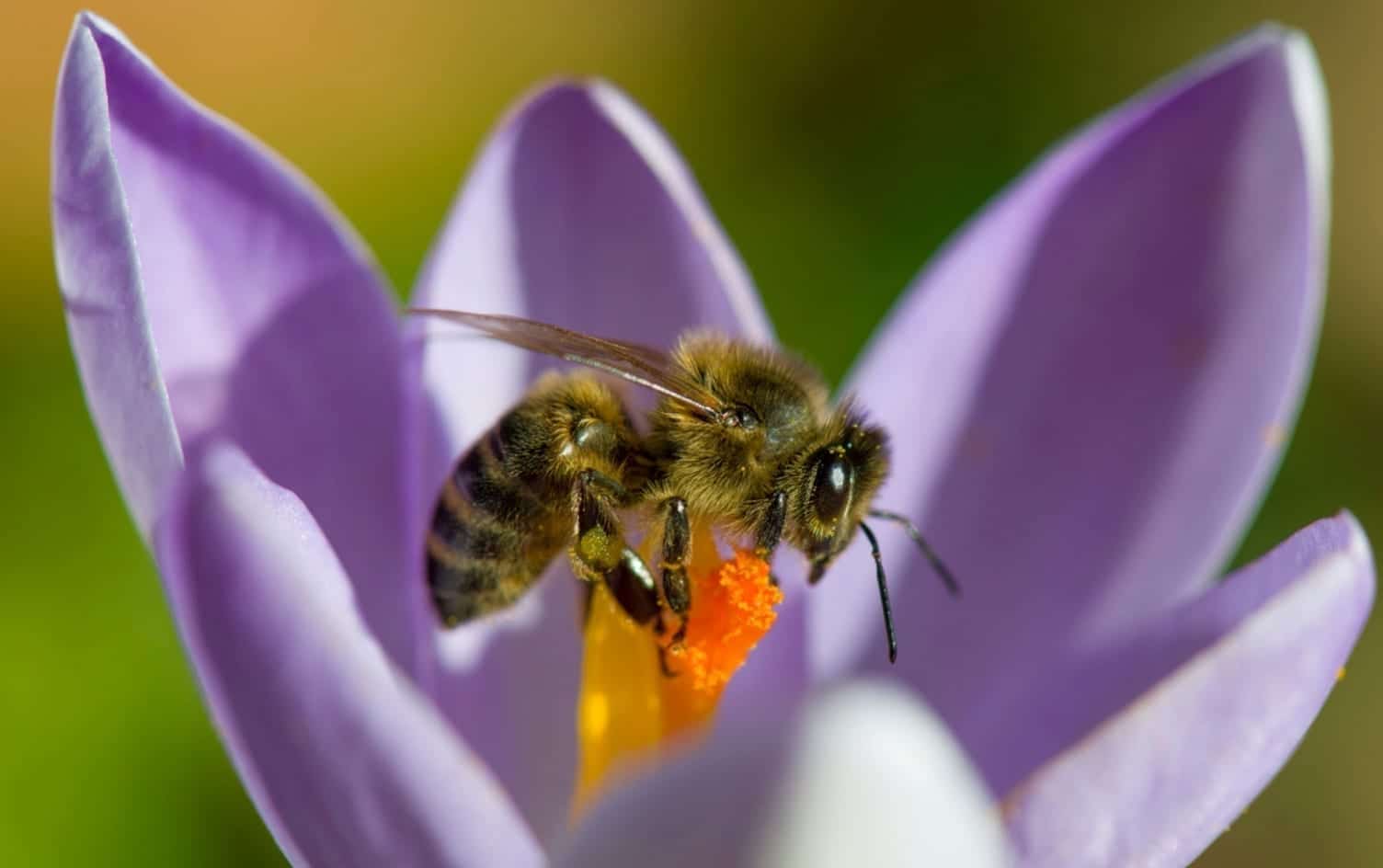Honeybees do more than make delicious honey. They’re also responsible for pollinating about 90 different crops, including some real favorites, like almonds, avocados, apples, onions and several types of berries. So, long live the honeybee.
During all that pollination, bees also create bee pollen, which is a mixture of honey, flower pollen, nectar and other bee-related enzymes and secretions. While that might not sound particularly appetizing on the surface, it’s packed with protein, vitamins, sugar and fatty acids that may be beneficial to your health.
According to registered dietitian Molly Rieger: “Bee pollen is rich in nutrients and actually has more protein per ounce than any animal source.” She says it also has a variety of medicinal uses due to its antibacterial, antifungal and antiviral agents, and that it can boost the immune system while helping fight allergies.
Now, here’s a closer look at some possible benefits of bee pollen.
IT’S NUTRITIOUS
Bee pollen is considered one of nature’s most nourishing foods. It consists of approximately 40% carbs, 35% protein, between 4–10% water, 5% fat and 5–15% other substances, including essential amino acids, vitamins and minerals.
IT’S GOT ANTIOXIDANTS FOR DAYS
According to research published in Oxidative Medicine and Cellular Longevity, bee pollen contains several antioxidants, including flavonoids, carotenoids and phenolic acids. And those antioxidants are capable of counteracting the effects of oxidative stress caused by numerous diseases, including cancer, diabetes, neurodegenerative disorders and atherosclerosis.
IT CAN HELP YOUR ALLERGIES
One of the most common reasons people ingest bee pollen is to combat seasonal allergies. It’s thought doing so helps the body build resistance against pollen-related allergens. A study published in the Journal of Medicinal Food found bee pollen can reduce mast cell activity. Mast cells are involved in triggering histamines, so if you can keep those at bay, your allergy symptoms should be lessened.
IT MIGHT LOWER YOUR CHOLESTEROL
With heart disease the leading cause of death around the world, it pays to keep an eye on your cholesterol. Fortunately, it seems bee pollen may also be helpful here. A Polish study found mice fed a high-fat diet supplemented with bee pollen showed improvements in cholesterol. And follow-up research published in Molecules found bee pollen was successful in lowering LDL (bad) cholesterol.
IT’S ANTI-INFLAMMATORY
If you want to eat an anti-inflammatory diet, add bee pollen to your grocery list. The helpful substance has been shown to play an important role in reducing the inflammatory process, possibly due to flavanols like quercetin, which are known to inhibit inflammation. Because of this, bee pollen’s effects have been compared to non-steroidal anti-inflammatory drugs. In a boon to anyone suffering osteoporosis, bee pollen has also been shown to decrease bone loss.




